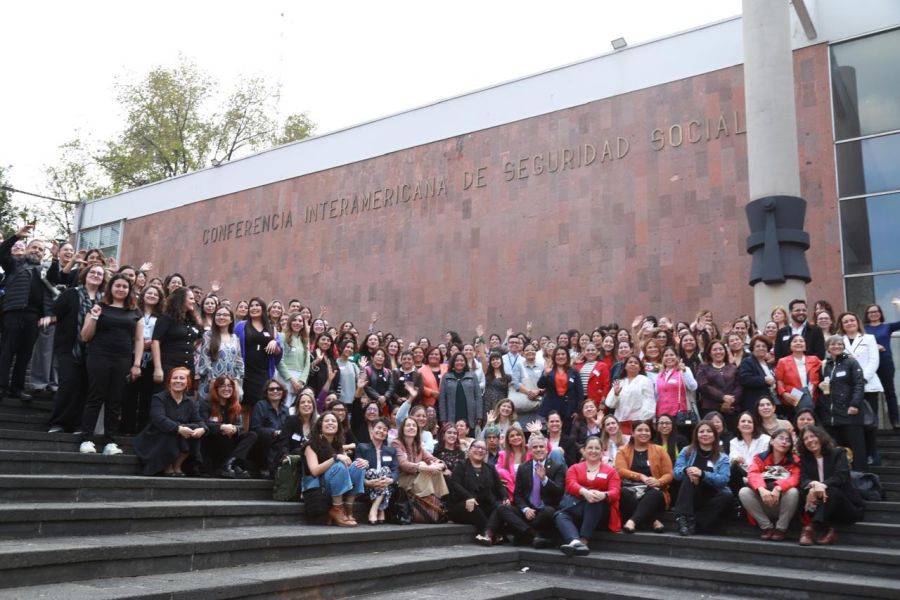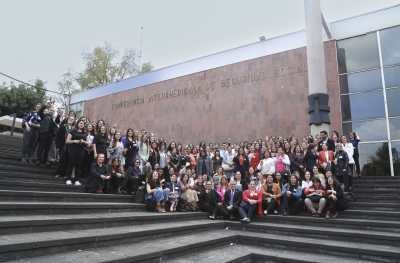
Organizations propose Decalogue to new governments for a comprehensive care policy
In Mexico, 31.7 million people aged 15 and over provide care in the home, three-quarters of whom are women.
The participation rate of women in the labor market drops from 56.6% to 50.3% when they have to care for infants or people with disabilities.
Mexico City, November 20, 2024.- During the 2nd "National Meeting: The Future of Care in Mexico", a consortium of specialists from national and international organizations that organized the event presented the Decalogue of Care Policy. This document serves as a practical guide for decision-makers to design regulations, public policies, and care systems that promote a fairer social organization.
During the meeting, the specialists stressed the urgency of transforming Mexico into a care society through sustainable actions and policies based on a feminist, intersectional, intercultural, multifactorial, and human rights perspective. The Decalogue establishes key principles for building a model that prioritizes the care of people and the planet.
Among the principles of the Decalogue, it proposes recognizing the inequalities and discrimination faced by those who care for and receive care and incorporating a gender and intersectional approach to reduce these gaps. It also highlights the need to guarantee the right to care in its three dimensions: receiving care, providing care, and self-care.
In addition, it includes measures such as recognizing, reducing, redistributing, rewarding, and representing care work (the 5 R's approach) to ensure that caregivers' needs are represented. It also proposes allocating investments through fair fiscal strategies and generating monitoring and evaluation systems for care policies.
"With this platform, we want to promote a paradigm shift that fosters a fair social organization of care and the participation of various actors, as well as the necessary funding to achieve it," the consortium's member organizations emphasized.
Care context in Mexico
In Mexico, 31.7 million people aged 15 and over provide care within the home, three-quarters of whom are women. Women spend an average of 37.9 hours a week on care work, compared to 25.6 hours men spend. This inequality reduces women's participation rate in the labor market from 56.6% to 50.3% when they have to care for infants or people with disabilities.
According to INEGI figures, unpaid domestic and care work accounted for 24.7 % of GDP in 2021, with women contributing 73 % of this value.
"The data show that care work falls disproportionately on women, limiting their economic autonomy and social participation. This Decalogue seeks to change this reality, proposing concrete measures that promote co-responsibility and social justice," concluded the participating organizations.
The Decalogue for a Transformative Policy is a product of the following organizations and institutions: Global Alliance for Care (GAC), Centro de Estudios Espinosa Yglesias (CEEY), Coalición por el Derecho al Cuidado Digno y Tiempo Propio de las Mujeres, Inter-American Conference on Social Security (CISS), German Technical Cooperation (GIZ) in Mexico, Friedrich Ebert Foundation (FES) in Mexico, Instituto Nacional de las Mujeres (Inmujeres), UN Women, International Labor Organization (ILO), Oxfam Mexico (OMX).


